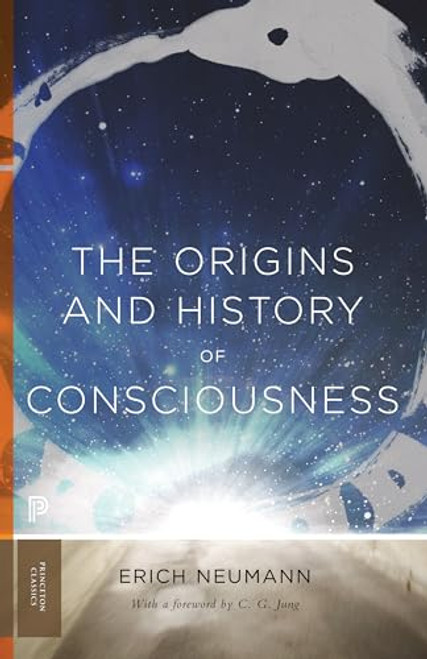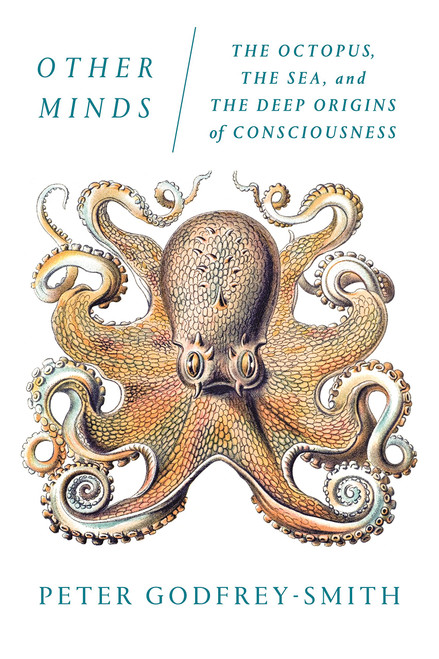How do we know who we are? When and how did we become aware of our presence and thoughts? Why do some species develop self-awareness, while others do not?
This question of self-awareness and consciousness has puzzled philosophers and scientists alike, from Aristotle and Darwin to Descartes and William James. In his famous mirror test thirty years ago, leading researcher Gordon G. Gallup Jr. showed that self-awareness begins with the recognition of ones reflection in the mirror, an ability that only higher order primates possess. In The Face in the Mirror, Julian Paul Keenan, Gordon G. Gallup Jr., and Dean Falk further explore mirror recognition as the key to understanding the origins of consciousness and its role in our evolution, everyday behavior, and ongoing survival.
For the past decade, Julian Paul Keenan and his colleagues have been closing in on the source of self-awareness in the brain. With the advent of MRI technology and other techniques, they have examined the hypothesis that there is a brain network specifically involved in self-recognition. This book shows how the right hemisphere of the brain (where mirror recognition takes place), often relegated to supporting role status, may be a more crucial determinant of higher order consciousness. Keenan also shows how recognizing our reflection -- an ability we take for granted -- is linked to such common self-related functions as memory and to emotions like empathy, narcissism, and deception, which play a crucial role in evolution.
Insightful, witty, and accessible, The Face in the Mirror plunges the reader into the forefront of thedebate on consciousness in humans and primates. From animals who share our ability for self-recognition, to the development of self-awareness in children, to case studies of patients who no longer recognize who they are, Keenan examines some of the latest evidence in the fields of neurology, psychology, and anthropology and suggests remarkable and surprising results about the function of self-awareness in humans and other primates.










